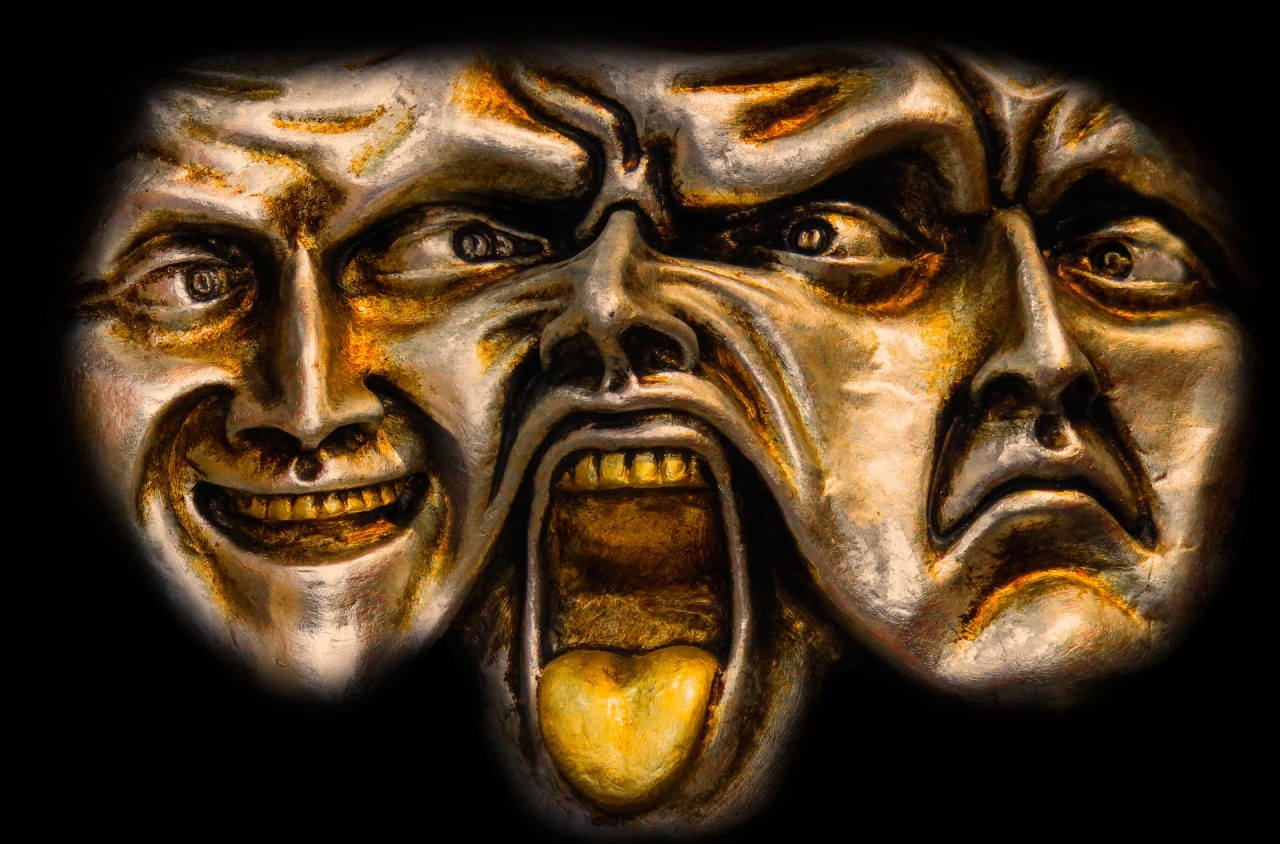Bruges Group Blog
We hear about a crisis in mental health which requires urgent solutions, but it may be that, rather than any physical cause, this is the result of the way in which the realities of our modern world are affecting peoples’ perceptions.
Those living in these islands for the past two millennia have had much to cause them concern. The dictatorship of the Roman Empire, the wars between the original British and the Saxons, then those between the latter and the Danes, followed by the Norman Conquest, the many wars with Spain, France and others, culminating in the battles with Germany, and then the Cold War. In addition we have endured plagues, and famines, while much of the nation lived in what we would now describe as poverty.
Today we have been faced with the Covid pandemic, the renewal of war on the European continent in Ukraine, demands that we wear sackcloth and ashes for the past sins of our ancestors, accept blame for supposed climate change, and fret over matters of sexual identity. If there is any truth in American police dramas, as shown on TV, psychiatrists seem to be inventing countless new phobias, and other mental conditions, although it often seems that these are produced by defence lawyers trying to excuse the guilty.
There are however two major differences between our times, and the past. Firstly for many centuries, however bad things were, the vast majority had a religious faith, which offered a hope, and for most, a certainty, that there was an order to their lives. presided over by a beneficent deity, who would ensure that in the end justice would prevail, and they would enter a blissful new life. Now, with so many believing in no such thing, people face an existence in a vast, unending, perhaps eternal universe, with only personal oblivion to which to look forward at the end.
However, such thoughts may usually be far from most people’s thoughts, but what is not is the fact that the unprecedented expansion in communications brought about by the technological revolution is bringing concerns before us that would not have disturbed our ancestors. I can remember when the first live satellite signal to Britain from the United States was broadcast via satellite on July 23, 1962, but now we think nothing of speaking live to friends in Australia from our own studies at home. Where once, if one had an opinion on some issue which one wished to share publicly it was necessary to write a letter to a newspaper, or hold a meeting, now everyone with access to the Internet can broadcast their views to their heart’s content via social media. The inevitable result is that people are worried more and more by things of which they would not have been aware in the past, and expected to take positions on matters that do not impinge on their daily lives, and on which nothing they do or say would have any effect.
Contact us
246 Linen Hall, 162-168 Regent Street
London W1B 5TB
Director : Robert Oulds MA, FRSA
Founder Chairman : Lord Harris of High Cross





